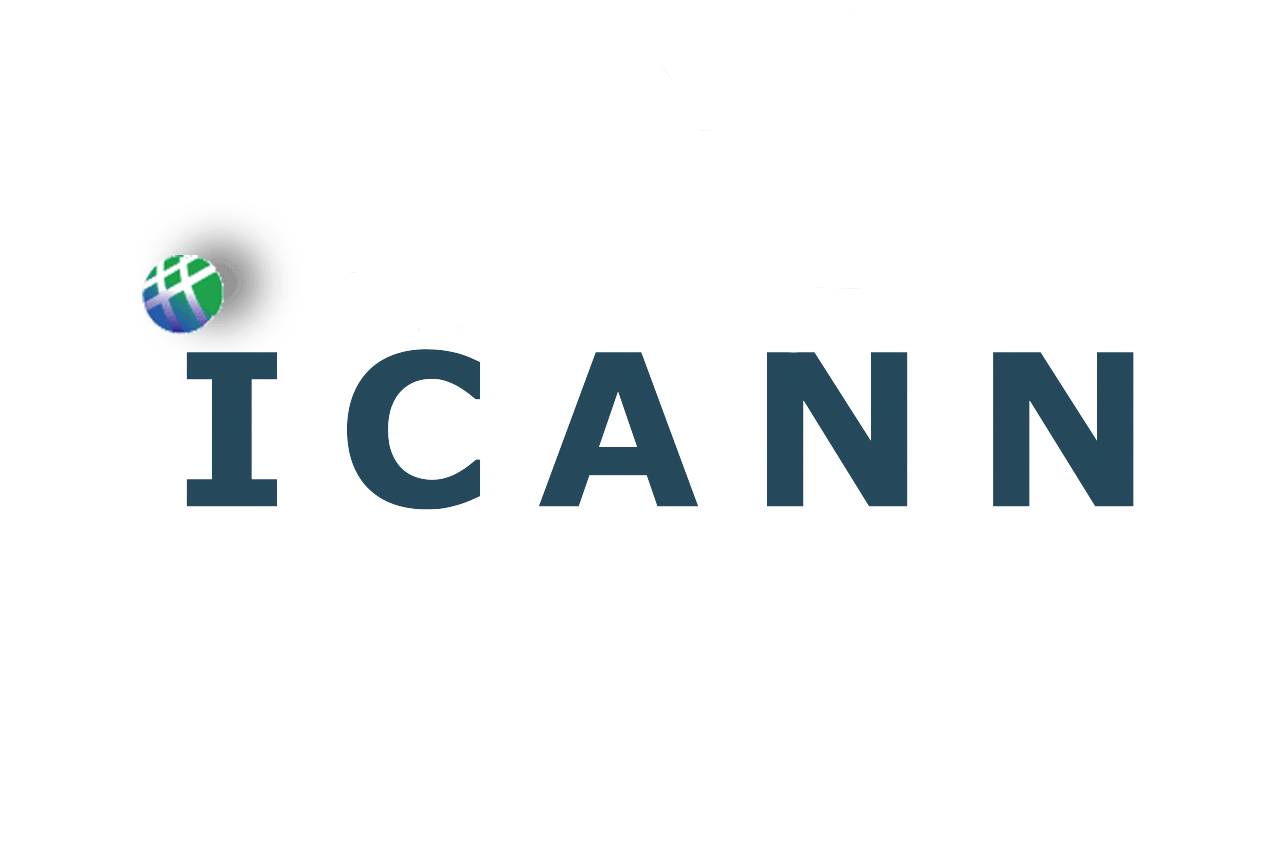The IANA Transition Depends On More Than Just ICANN Accountability Enhancements

As stakeholders across the spectrum continue to work diligently toward consensus on a strong IANA transition proposal, various members of the US Government have taken pains to express support for both the multistakeholder process and for overall ICANN accountability reform. Last week, Senators Orrin Hatch and Roy Blunt introduced a resolution proposing to designate the week of February 8th “Internet Governance Awareness Week,” with the purpose of highlighting the importance of the IANA transition process and multistakeholder Internet governance more broadly. NTIA Assistant Secretary Larry Strickling also highlighted the value of the multistakeholder approach to governance at last week’s State of the Net (SOTN) conference. Strickling noted that the NTIA “turned to the Internet’s stakeholders to drive this [IANA] transition because we believe businesses, technical experts, and civil society groups are best equipped to continue to set the future direction of the Internet.” CDT welcomes this recognition that the IANA transition process is a significant expression of the multistakeholder approach to governance in action.
CDT has been deeply involved in the work that is underway in both the IANA transition and ICANN accountability working groups. The accountability working group is making headway in identifying those accountability measures that need to be in place or committed to as a part of the IANA transition. At SOTN, Assistant Secretary Strickling reiterated some key accountability considerations such as the importance of “stress testing” solutions to safeguard against capture and of addressing issues such as “how to remove or replace board members should stakeholders lose confidence in them, and how to incorporate and improve current accountability tools like the reviews called for by the Affirmation of Commitments.” The Hatch-Blunt “Internet Governance Awareness Week” resolution also reinforces some key points related to achieving enhanced accountability measures at ICANN prior to the transition, including the importance of limitations on ICANN’s authority and the need for accountability reforms to be written into the organization’s articles of incorporation and its bylaws.
There is no doubt that ICANN accountability reforms are an essential component of a successful IANA transition. At the same time, however, we cannot depend solely on accountability changes at ICANN to ensure the IANA function’s neutrality and integrity. CDT remains concerned that a post-transition “internal to ICANN” model that sees ICANN continue as the DNS policy-making body and the effectively permanent operator of the IANA functions would not sufficiently guarantee the IANA functions’ neutrality, integrity, and ability to resist manipulation. In a distributed or decentralized model of governance (which the Hatch-Blunt resolution notes is a principal characteristic of the Internet governance ecosystem), such a consolidation of policy-making and policy-implementing powers at the heart of the DNS, without significant safeguards, would prove unwise. We believe that an IANA transition proposal should include oversight that is independent of the IANA functions operator, periodic performance reviews, key performance criteria that must be met, and the ability to withdraw and rebid the IANA contract. Such safeguards (replicating the existing oversight conducted by the NTIA), along with enhancements to ICANN’s accountability, are essential to ensuring the continued stability, security, and resiliency of the DNS once the USG steps back from its administrative and stewardship roles.

